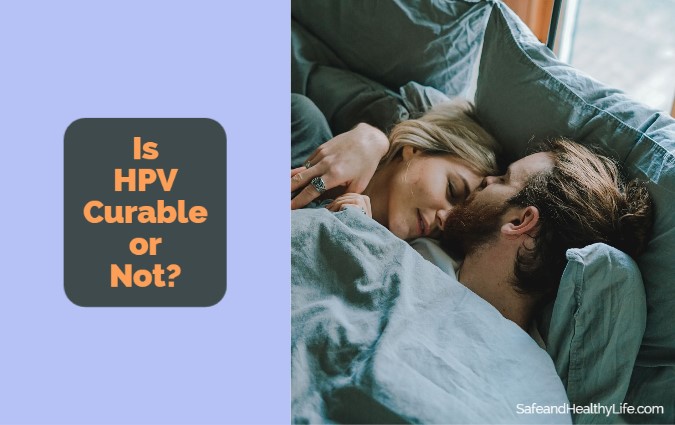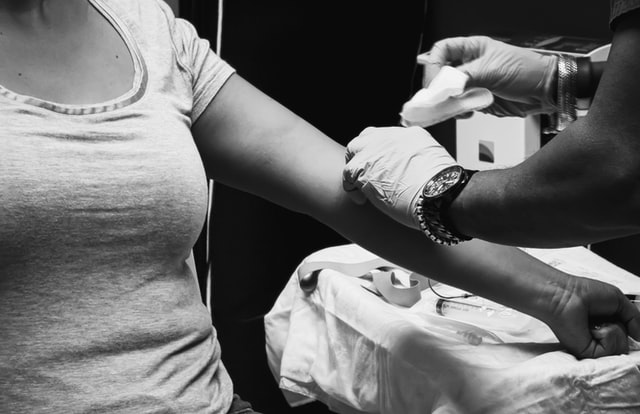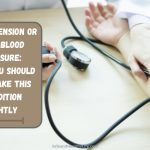
Currently, there are approximately 80 million Americans living with Human Papillomavirus (HPV). This is a disease that can cause significant problems for the people who experience it, including some forms of cancer.
Many people are searching for an HPV cure, and despite there not being one forthcoming, there are ways that it can be managed or prevented.
HPV
HPV is a common type of viral infection transmitted via skin-to-skin contact, with over one thousand different strains. Many of its common strains are passed to others via sexual contact, but others can be passed on through non-sexual contact as well.
The two most common symptoms of HPV are warts and cancer. Most warts occur on the genitals, but they can also be found elsewhere on the body, depending on the type of HPV strain.
Certain strains of HPV have also been shown to cause cancer in the cervix, genitals, throat, and head. This is a difficult symptom to rely on for diagnosis of HPV because the resulting cancer is often only detected years after the infection has occurred.
In many situations, HPV does not come with any physical symptoms. Many people may be infected and not even know it until they are tested, or it manifests into something else, such as cancer, or it simply goes away on its own.
It is important to note that even when HPV infections are not showing any symptoms, it is still possible to infect others.
Is there a cure for HPV?
Currently, HPV cure research has not yet found any successful treatments that can alleviate all strains of the virus. For patients who test positive for the virus, it is often possible to manage its symptoms, but not possible to remove the virus from the body via any form of medical treatment.
Despite the fact that there is no cure, HPV is generally not a lifelong burden. Approximately 90% of all HPV cases go away on their own within the span of two years, with no medical intervention.
In these cases, the immune system is able to adapt to successfully fight the virus, so that the body becomes free from it. The body then becomes immune to that strain of HPV, and will not be able to contract it again, but is still at risk of all of the other strains.
Therefore although the virus is a relatively common problem, in most instances it will not cause long term issues, and HPV can “cure” itself.
In situations where HPV causes physical symptoms, treatment can be sought to alleviate these.
If patients present with warts, these can be removed in a number of ways such as cryotherapy (freezing off warts using liquid nitrogen), electrocautery (burning them off using a mild electrical current), or a topical cream (the most commonly-prescribed options are podofilox and imiquimod).
Because this treatment does not remove the HPV infection from the body, it is highly likely that another flare-up will occur, resulting in more warts later.
Similarly, if the HPV virus has caused cancer, this can be treated with chemotherapy or radiation.
In situations where potentially cancerous HPV cells are detected before they turn into cancer, doctors may decide to remove them before they can progress and cause more harm.
This treatment can be done via cryotherapy, conization (removing the section of pre-cancerous cells), laser therapy, or a loop electrosurgical excision procedure (removing the cells using an electrical current).
Is there a vaccine for HPV?

Although there is no cure, most countries do offer a vaccine against HPV. In the United States, three different vaccines have been approved by the FDA: Gardasil, Gardasil 9, and Cervarix, but Gardasil is the only one currently offered. Gardasil does not vaccinate against all of the strains of HPV, but it does protect people from the strains that can cause cancer and genital warts. It is recommended that both males and females get the vaccine.
These vaccines do not provide protection against HPV that has already infected the body, so it is important to administer these injections (Gardasil comes in a set of three injections) before people are sexually active and before they are exposed to the virus.
It is recommended that both males and females begin receiving the vaccine at around 11 or 12 years old, but it is available for people up until the age of 45.
Protecting yourself against HPV
Because there is no cure for HPV, it is so much more important to take steps to reduce the risk of infection. Although there are a lot of strains that are harmless, the risks for the more severe forms are high.
The vaccination can help to reduce the risk of contracting HPV but because it does not protect against all forms of the virus, further precautions still need to be taken. These
- Always engage in protective sex
Because HPV is largely sexually transmitted, it is important to reduce the risk as much as possible by only having protected sex. Always use condoms or dental dams when engaging in vaginal, anal, or oral sex, as these are the main paths of transmission.
- Get checked regularly
In some cases, physical symptoms are a sign of HPV infection, but in many other situations, there are no physical symptoms. Therefore, getting regular STD checks will still flag any potential infection, before it is accidentally transmitted on to other people.
It is recommended that sexually active individuals get screened for STDs once a year, or as frequently as every 3 to 6 months if they have multiple sexual partners.
- Maintain a healthy diet
For those who do get HPV, there are still ways that the viral load can be managed. Studies have shown that a healthy diet can help to reduce the effects of HPV, and potentially result in the virus going away on its own much faster by boosting the immune system and speeding up its response.
Supplements such as Papillex can help to provide all of the necessary nutrients to help the body respond to HPV.
About The Author:
Dev Chaudhary is a creative content writer and blogger with more than 7 years of experience in content writing in different topics like health, travel, education, business. But health and lifestyle are his favorite. You can find his articles on Ezine, Lifestyle-magazine, selfgowth.com, etc.




